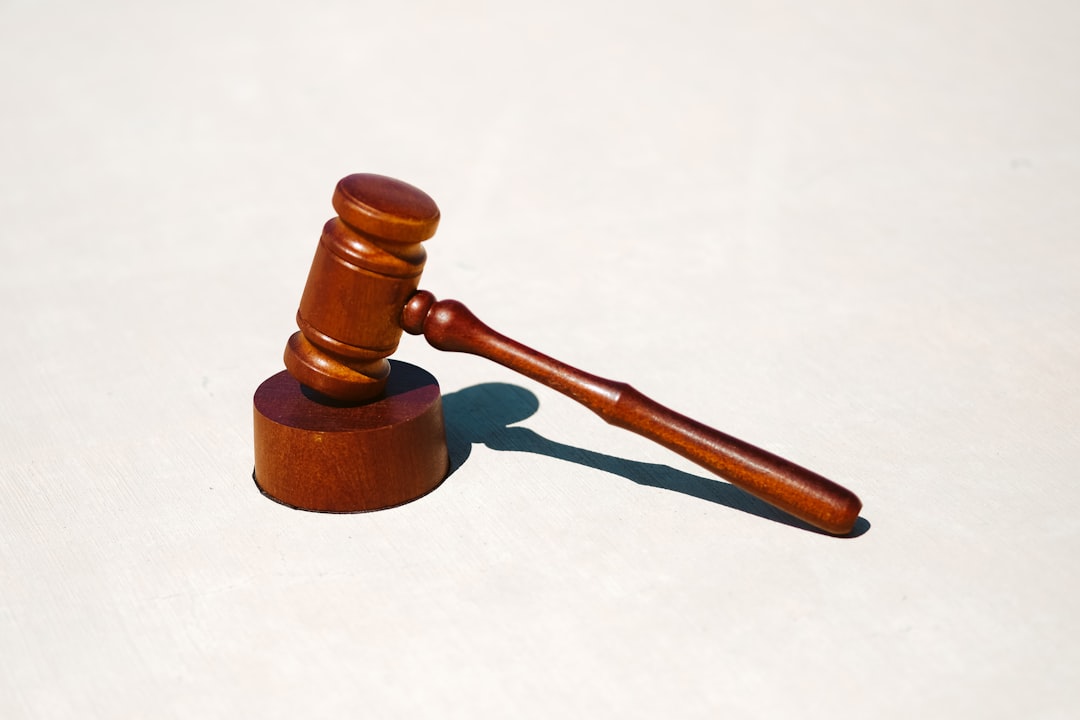In South Carolina, survivors of sexual abuse often face hidden trauma in the form of body dysmorphia, a result of emotional distress and self-blame. Specialized sexual abuse law firms offer crucial guidance and representation, empowering survivors to seek justice. These firms, along with mental health professionals and community organizations, provide tailored support for those dealing with body dysmorphic disorder, ensuring access to both legal and psychological resources for healing and recovery.
“Uncovering the intricate relationship between sexual abuse and body dysmorphia is a vital step towards healing and recovery. This comprehensive guide explores how these issues intersect, particularly within the context of South Carolina. We delve into the signs and symptoms of body dysmorphia often experienced by survivors of sexual abuse, highlighting the critical role of legal support from specialized sexual abuse law firms in South Carolina. Additionally, we provide a detailed list of resources and support groups available for those navigating these challenges.”
The Link Between Sexual Abuse and Body Dysmorphia
The connection between sexual abuse and body dysmorphia is a complex and significant issue that often requires specialized attention, especially in South Carolina. Many survivors of sexual assault struggle with their perception of their bodies, leading to various forms of body dysmorphic disorder (BDD). This relationship stems from the profound impact that traumatic experiences can have on one’s mental health. Studies suggest that victims of sexual abuse are at a higher risk of developing BDD due to the intense emotional distress and self-blame often associated with such incidents.
Sexual abuse law firms in South Carolina play a crucial role in supporting survivors who may also be dealing with body dysmorphia. These legal professionals can offer guidance and representation, helping individuals navigate the complexities of seeking justice and healing. By addressing both the legal and psychological aspects, they contribute to creating an environment where survivors feel empowered to confront and overcome the challenges posed by sexual abuse and its lasting effects on their self-image.
Recognizing the Signs of Body Dysmorphia in Survivors
Many survivors of sexual abuse struggle with hidden scars that can manifest as body dysmorphia—a condition where an individual has a distorted perception of their own body, often leading to significant distress and impairment in daily functioning. Recognizing the signs is crucial for South Carolina residents seeking support. Common indicators include excessive preoccupation with perceived flaws or deformities, frequent checking or counting of physical features, avoidance of social situations due to body image concerns, and severe reactions to critical comments about appearance.
If an individual has experienced sexual abuse and exhibits these symptoms, it’s essential to reach out to specialized resources, including mental health professionals and even sexual abuse law firms in South Carolina. These entities can provide tailored support, helping survivors navigate their unique challenges and offering guidance on legal rights and available resources to foster healing and recovery.
South Carolina Legal Support for Sexual Abuse Victims
In South Carolina, victims of sexual abuse have legal rights and support available to them through specialized sexual abuse law firms. These law firms are equipped to handle complex cases involving assault, harassment, and other forms of sexual misconduct. They offer a range of services tailored to help survivors navigate their legal options while prioritizing their emotional well-being. Many of these firms employ experienced attorneys who understand the unique challenges faced by victims, ensuring they receive fair compensation and justice.
Resources like the South Carolina Bar Association’s Lawyer Referral Service can direct survivors to qualified legal professionals. Additionally, local community organizations and support groups provide a safe space for individuals to share their experiences while receiving guidance on pressing legal matters. These initiatives underscore the state’s commitment to supporting sexual abuse victims, fostering an environment where healing and justice go hand in hand.
Resources and Support Groups in South Carolina for Body Dysmorphia
In South Carolina, individuals struggling with body dysmorphia due to past experiences of sexual abuse can find a range of resources and support groups dedicated to their well-being. Many non-profit organizations and community centers offer therapy sessions, support groups, and educational workshops tailored to help survivors navigate the complexities of body image issues and heal from trauma. These initiatives often collaborate with mental health professionals, including therapists and counselors, who specialize in sexual trauma and body dysmorphia treatment.
For those seeking legal assistance related to sexual abuse, South Carolina boasts several reputable sexual abuse law firms. These legal experts can provide guidance and representation for survivors looking to pursue justice or understand their rights. They offer a crucial support system, helping individuals navigate the legal process while prioritizing their mental health and well-being. This comprehensive approach ensures that survivors have access to both psychological and legal resources necessary for healing and recovery.






